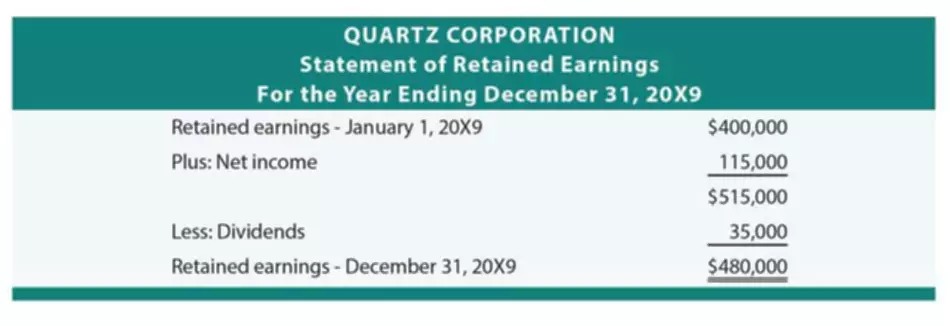Content

Several CSEA Chapters offer review courses to prepare for the SEE. For more information on when and where the courses are offered, please search our education listings for the title, “Enrolled Agent Exam Review Course.” The right to practice before the Internal Revenue Service is regulated by Federal statute, and persons authorized to practice are known as “Federally Authorized Tax Practitioners”, or “FATPs”. The FATP status is granted to attorneys, certified public accountants, and Enrolled Agents, each having unlimited representation rights before the Internal Revenue Service.

Adding this useful certification to your resume could be a great accounting career move. You must file Form 23, Application for Enrollment to Practice before the Internal Revenue Service, within one year of the date you passed all parts of the examination. Form 23 is available online at The IRS may take approximately 60 days to process your request. An un-enrolled return preparer may not sign documents for a taxpayer and may only represent taxpayers in limited situations before revenue agents and customer service representatives.
Louisiana Society of Enrolled Agents
Scaled scores are determined by ranking your EA test results against others taking the examination, on a scale ranging between 40 and https://www.bookstime.com/ 130. Test results are available immediately following the EA test. Those who pass are informed, but they do not receive a score.
- Our study guides also include a complete step-by-step overview of how to sign up and study for the EA exam.
- A Certified Public Accountant should have a vast knowledge of accounting, auditing, business law, personal finance and taxes.
- People will always have to pay taxes and will always need help.
- The application will ask for proof of your experience with, and knowledge of, the tax code.
- By following these steps, you can become an enrolled agent in 6-12 months.
These practitioners may represent their clients on any matters including audits, collection actions, payment issues, tax refund matters, and appeals. FATP status is also granted with limited representation rights to enrolled actuaries, and enrolled retirement plan agents. Therefore, enrolled agents are federally-licensed tax practitioners who possess technical expertise in taxation. They have the express privilege to represent taxpayers before the IRS in matters relating to examinations, collections, audits, and appeals. EAs represent a wide range of clients including individuals, corporations, estates, partnerships, trusts, and more. Overall, it is easier and faster to become an EA than a CPA.
Manage Licenses
Unlike CPAs, enrolled agents are eligible to practice in all states without additional licensing requirements. An enrolled agent does not need a college degree; rather they must demonstrate special competence in tax matters by passing all three parts of the IRS Special Enrollment Examination. An individual with 5 years of relevant employment with the IRS may apply for enrollment to become tax agent without taking the exam.
An un-enrolled preparer’s ability to practice before the IRS is very limited. Generally, it is limited to the examination function of the Service, and only with respect to a return he or she prepared.
Enrollment to practice before the IRS application fee
Keep in mind that your state may have chapters related to any of these. The NAEA in particular is known to have affiliated chapters in most states. You are responsible for performing due diligence in all matters. You should verify that all facts and statements you receive from oral or written how to become an enrolled agent communication is true and valid. When you are working with a client on any sort of matter, you should inform them that they must not omit any details pertinent to their tax filling, audit, or collections process. As an EA, you will enjoy client confidentiality in certain circumstances.
What is the difference between a CPA and an EA?
EAs and CPAs are both knowledgeable, experienced professionals who are required to maintain high ethical standards. The primary difference between an EA vs CPA is that EAs specialize in taxation, and CPAs can specialize in taxation and more.
Once you have your PTIN, you’re eligible to take the EA exam. Instead, you will simply provide your PTIN when you schedule an EA exam testing appointment, and you will be allowed to make the appointment because you have a PTIN. The CPA is a more well-known certification that also offers increased job opportunities, income, and incentives. Technically, CPAs can also experience greater increased earning potential over time. To truly commit the time, money, and effort the EA licensing process requires, you must really understand and value the tangible benefits of becoming an enrolled agent affords your career.
These farmers will need help with their tax issues and being versed in this area will provide another level of job security. “Enrolled” means to be licensed to practice by the federal government.
April Nielsen joins race for Assessor in Gilpin County – The Mountain -Ear
April Nielsen joins race for Assessor in Gilpin County.
Posted: Sun, 18 Sep 2022 16:23:56 GMT [source]

Leave feedback about this